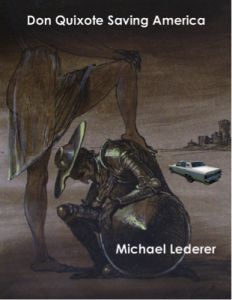If you read beyond news stories about the aftermath of Ferguson, the killing of two NYPD police officers, and conjectures about the 2016 presidential race, something exciting and refreshingly different has been gripping the United States since October last year: public radio. Serial, a new podcast produced by the team behind National Public Radio’s This American Life, just finished airing its first season. The show sheds new light on a mysterious murder case 15 years ago in Maryland. On serialpodcast.org, this is how the producers advertised the first episode:
It’s Baltimore, 1999. Hae Min Lee, a popular high school senior, disappears after school one day. Six weeks later, detectives arrest her classmate and ex-boyfriend, Adnan Syed, for her murder. He says he’s innocent – though he can’t exactly remember what he was doing on that January afternoon. But someone can. A classmate at Woodlawn High School says she knows where Adnan was. The trouble is, she’s nowhere to be found.









